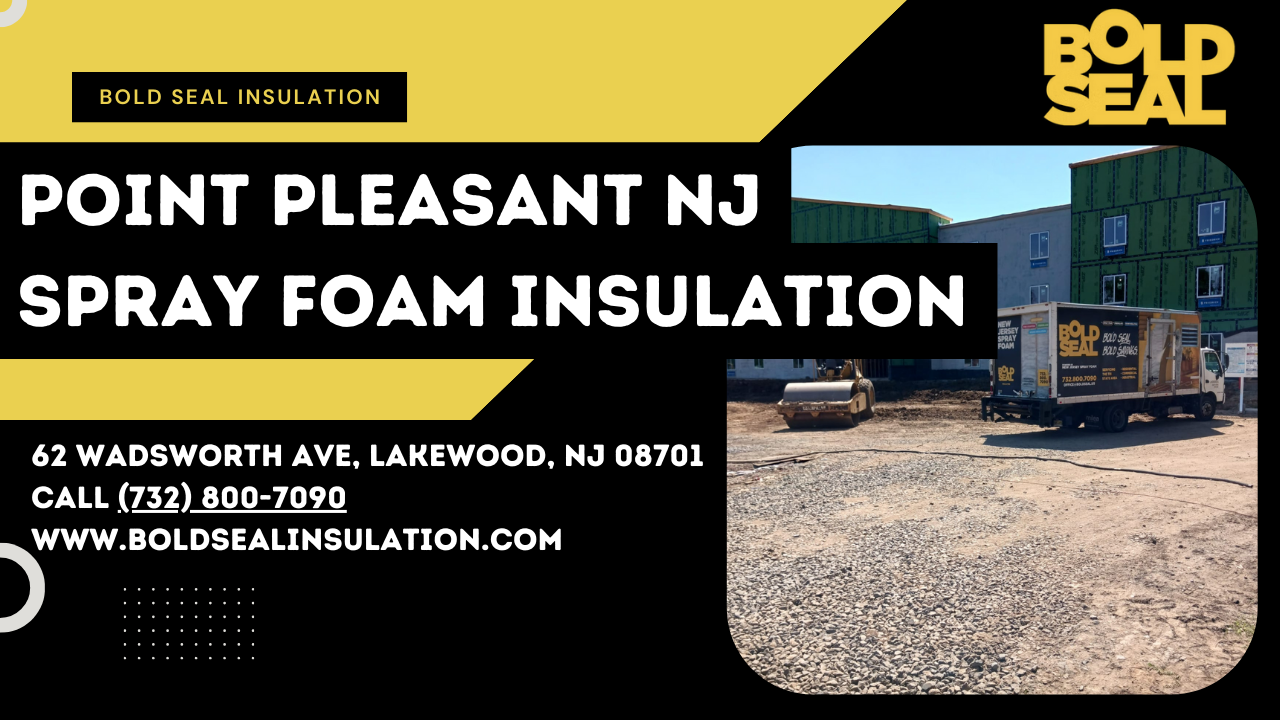Thinking about improving your home's energy efficiency but worried about the cost of insulation? You're not alone! This comprehensive guide will equip you with the knowledge and strategies to get the best insulation price without compromising quality. We'll explore various insulation types, factors influencing costs, smart shopping tips, and long-term savings, ensuring you make an informed and budget-friendly decision.

Understanding Insulation Pricing
Insulation costs can vary significantly, depending on several key factors. Getting accurate insulation quotes and estimates is crucial for effective budget planning. Factors like the type of insulation, its R-value (a measure of thermal resistance), the area needing insulation, and the complexity of the installation process all contribute to the overall price. Obtaining multiple bids from reputable insulation contractors allows you to compare prices and services effectively, helping you secure the best deal on high-quality insulation materials. This proactive approach ensures you receive competitive pricing and high-quality workmanship. Understanding the nuances of insulation pricing empowers you to https://www.boldsealinsulation.com/new-jersey-insulation/monmouth-county-nj-insulation-contractors/freehold-nj-spray-foam-insulation make smart, cost-effective choices for your home.
Factors Affecting Insulation Prices
Several key aspects influence the final cost of your insulation project. Let's break down the most significant ones:
Types of Insulation and Their Costs
Different insulation materials come with varying price tags. Fiberglass batt insulation is often the most affordable option, while spray foam insulation, known for its superior performance, tends to be more expensive. Cellulose insulation, made from recycled paper, offers a balance between cost and effectiveness. Loose-fill insulation, such as cellulose or mineral wool, can be more expensive for installation but may be a better fit for certain applications. Understanding the cost per square foot and R-value of each type is essential for budget-conscious decision-making. Consider the long-term energy savings associated with higher R-value insulation when comparing prices.
Installation Costs
Labor costs are a significant part of the overall expense. Factors such as the accessibility of the area to be insulated (attic, walls, crawl space) and the complexity of the installation process directly affect labor charges. Removing existing insulation adds to the cost. Always get detailed quotes that clearly separate material and labor costs. Comparing quotes that clearly outline installation methods can help you identify better value.
Location-Based Pricing
Insulation prices can vary considerably based on geographic location. Local insulation contractors' rates, material availability, and market demand in your area impact the final cost. Consider searching for "local insulation installers" and comparing multiple quotes within your region. Consider the climate and seasonal demands impacting pricing.

Tips for Finding the Best Insulation Deals
Securing the best insulation deals involves strategic planning and proactive research:
Utilizing Insulation Rebates and Incentives
Many government agencies and utility companies offer rebates, tax credits, and grants for energy-efficient home improvements, including insulation upgrades. Research available programs in your area; these incentives can significantly reduce your overall costs. Check for government incentives and tax credits to offset expenses and make the project more affordable.
Quotes and Estimates Strategy
Request multiple quotes from at least three different reputable insulation contractors. Clearly state your project requirements (insulation type, area, and R-value) to ensure accurate comparisons. Compare the quotes carefully, paying attention to both material and labor costs. Consider your insulation budget and financing options, if needed.
Long-Term Savings from Insulation
While the upfront cost of insulation may seem significant, the long-term energy savings are substantial. Proper insulation reduces your reliance on heating and cooling systems, leading to lower energy bills. This translates to a considerable return on investment over time. A well-insulated home also boosts its market value, making it a worthwhile investment even beyond immediate energy cost reductions. Improved energy efficiency increases your home’s value and lowers your environmental impact.
Common Mistakes in Selecting Insulation
Avoid costly errors by avoiding the pitfalls of choosing cheap insulation. Prioritizing quality over solely the lowest price is crucial. Inadequate insulation can lead to higher energy bills and potential moisture problems. Choosing the right insulation for your specific climate and home construction is essential for optimal performance. Thorough research and professional consultation help avoid costly mistakes.
Regional Cost Variations in Insulation
Insulation costs differ across regions, influenced by factors like climate, material availability, and labor rates. Northern regions might require thicker insulation, leading to higher costs. Variations in local market competition also affect pricing. Researching regional averages and contacting local suppliers provides a realistic cost estimate for your area. Consider climate factors and their influence on material needs when planning your project.
Frequently Asked Questions
1. What is the average cost of insulation for a typical home? The average cost varies greatly depending on factors such as home size, insulation type, and location. Getting a professional estimate is the best way to determine the cost for your specific project.
2. How can I determine the best insulation type for my needs? Consider factors such as your climate, budget, and the specific area being insulated. Consulting with an insulation professional can help you choose the best option for your home.
3. Are there any government programs for insulation rebates? Yes, many government agencies and utility companies offer rebates and tax credits for energy-efficient home improvements, including insulation. Research available programs in your area.
4. How do I find reliable insulation contractors in my area? Look for contractors with good online reviews, certifications, and proper licensing. Get multiple quotes before making a decision.
In conclusion, securing the best insulation price requires a multi-faceted approach. By understanding the factors affecting cost, utilizing smart shopping strategies, and considering long-term energy savings, you can make a well-informed decision that optimizes both your budget and your home's energy efficiency. Start planning your project today and enjoy the comfort and cost savings that proper insulation provides!